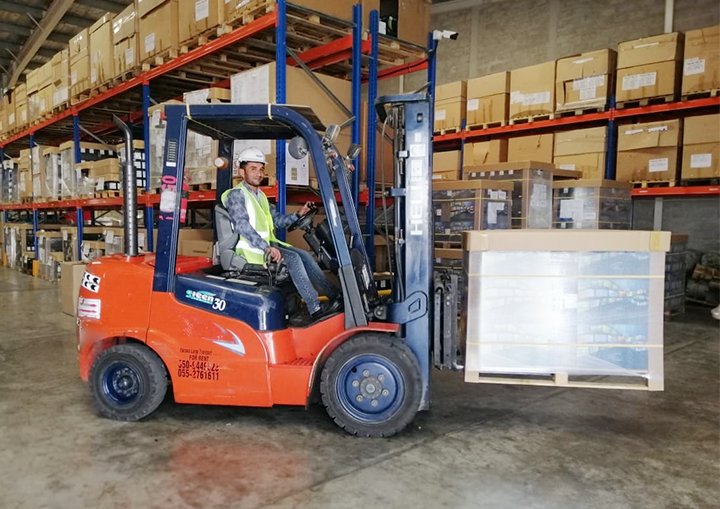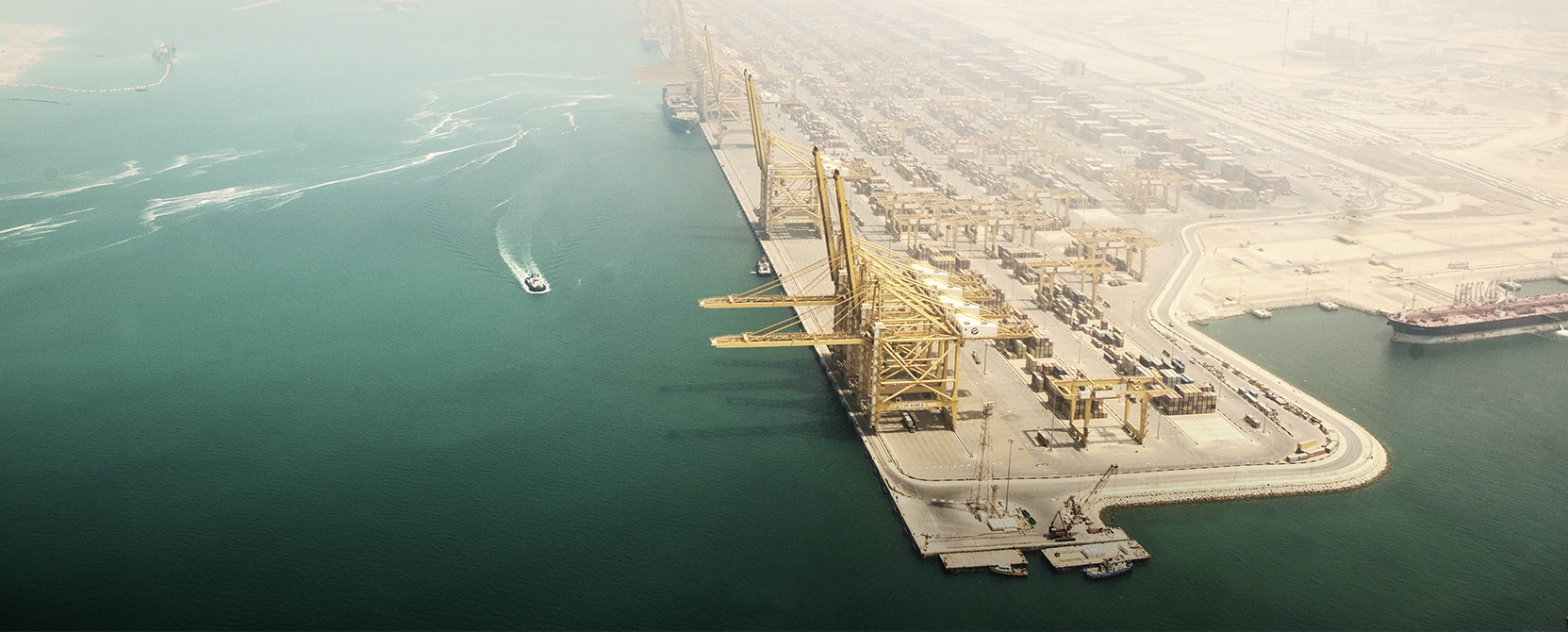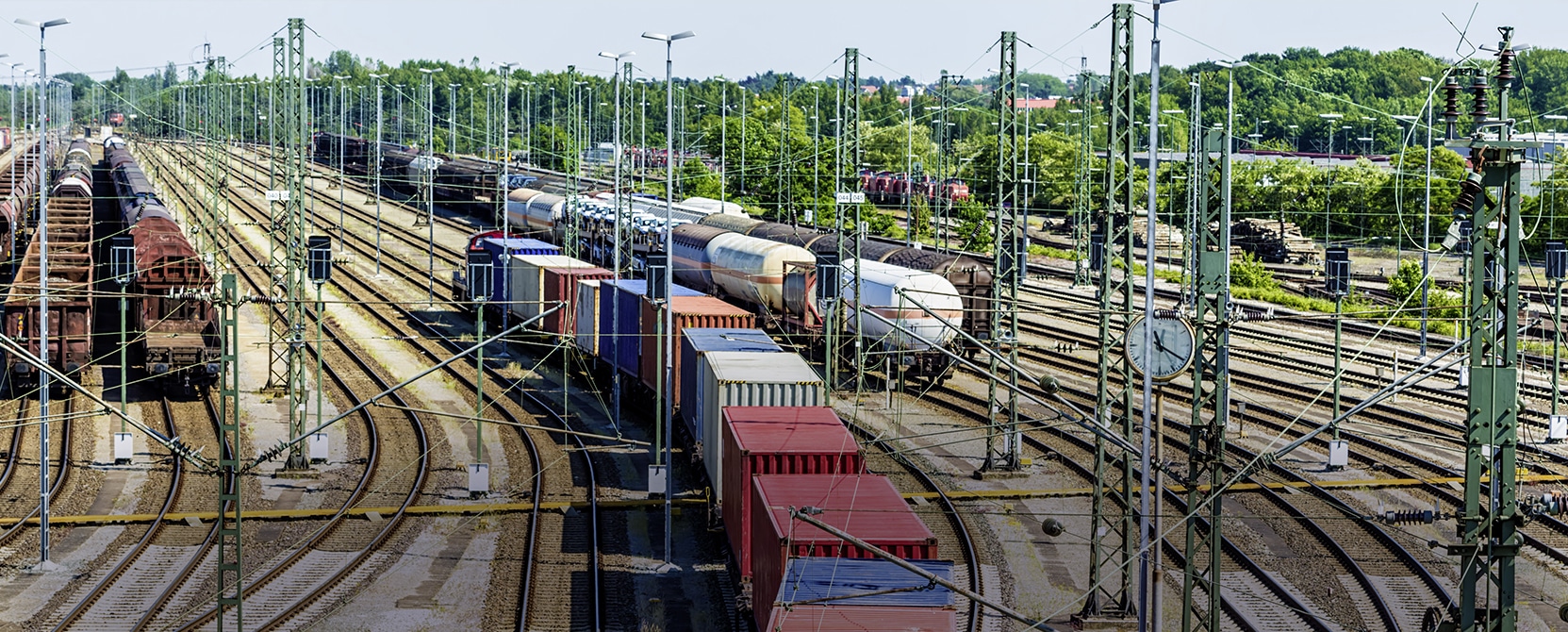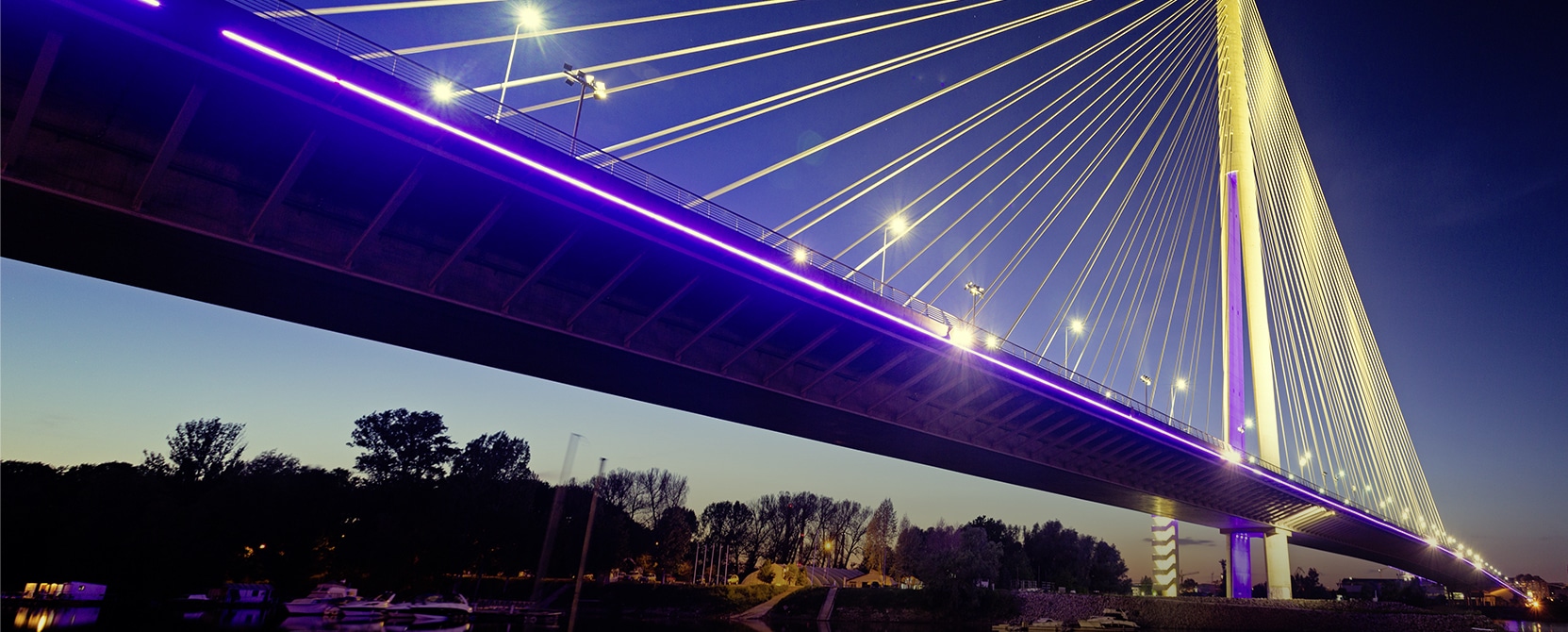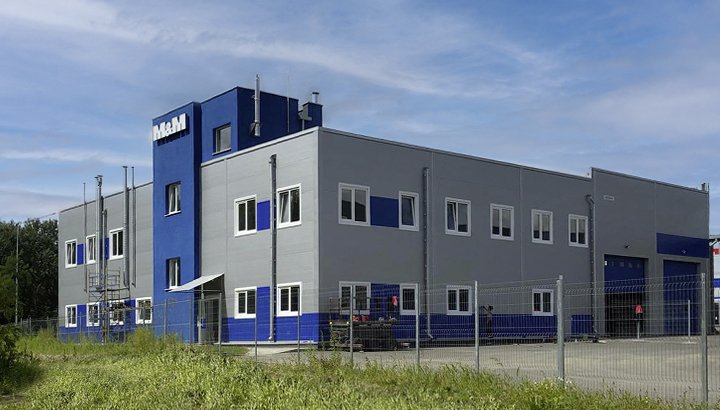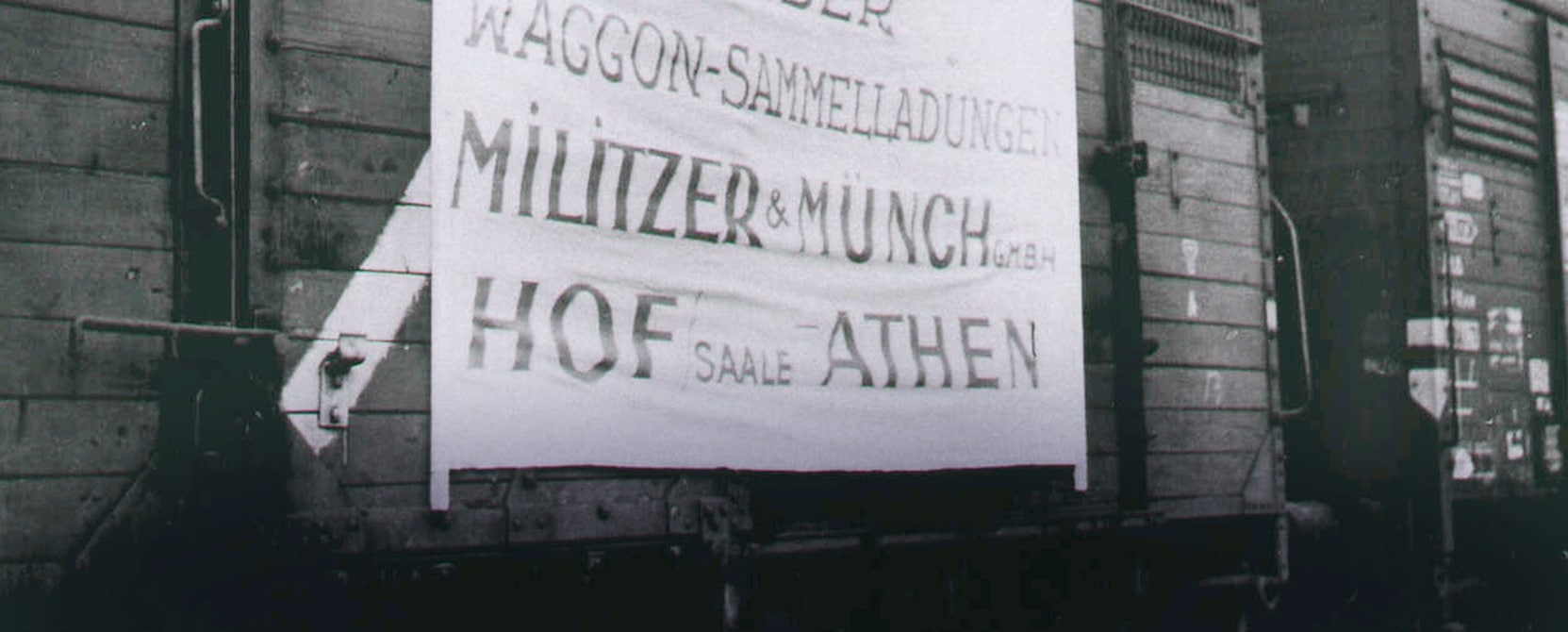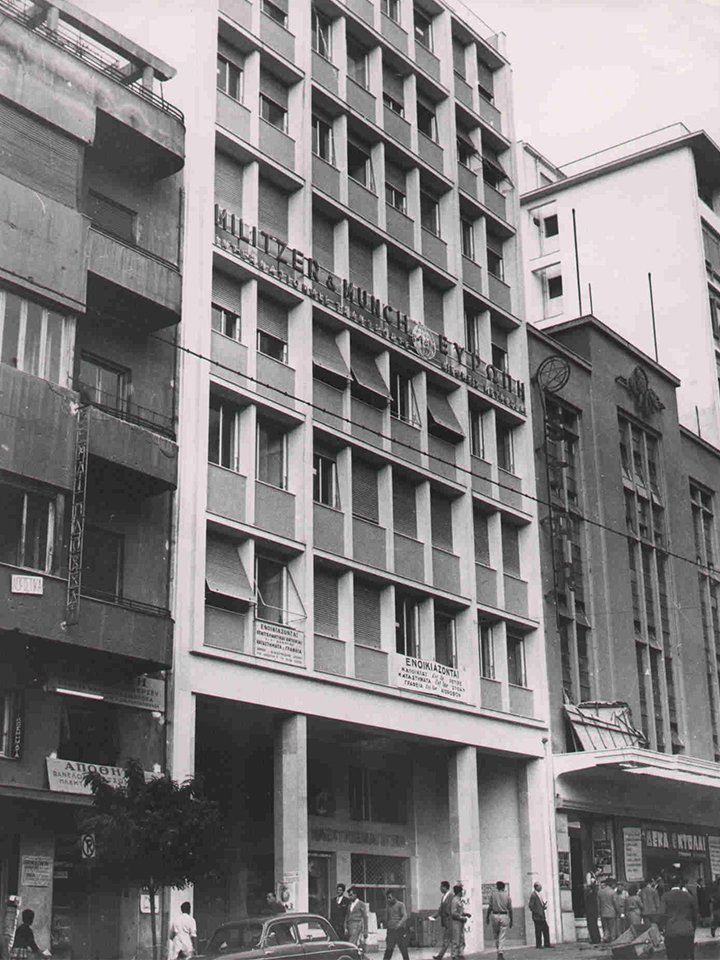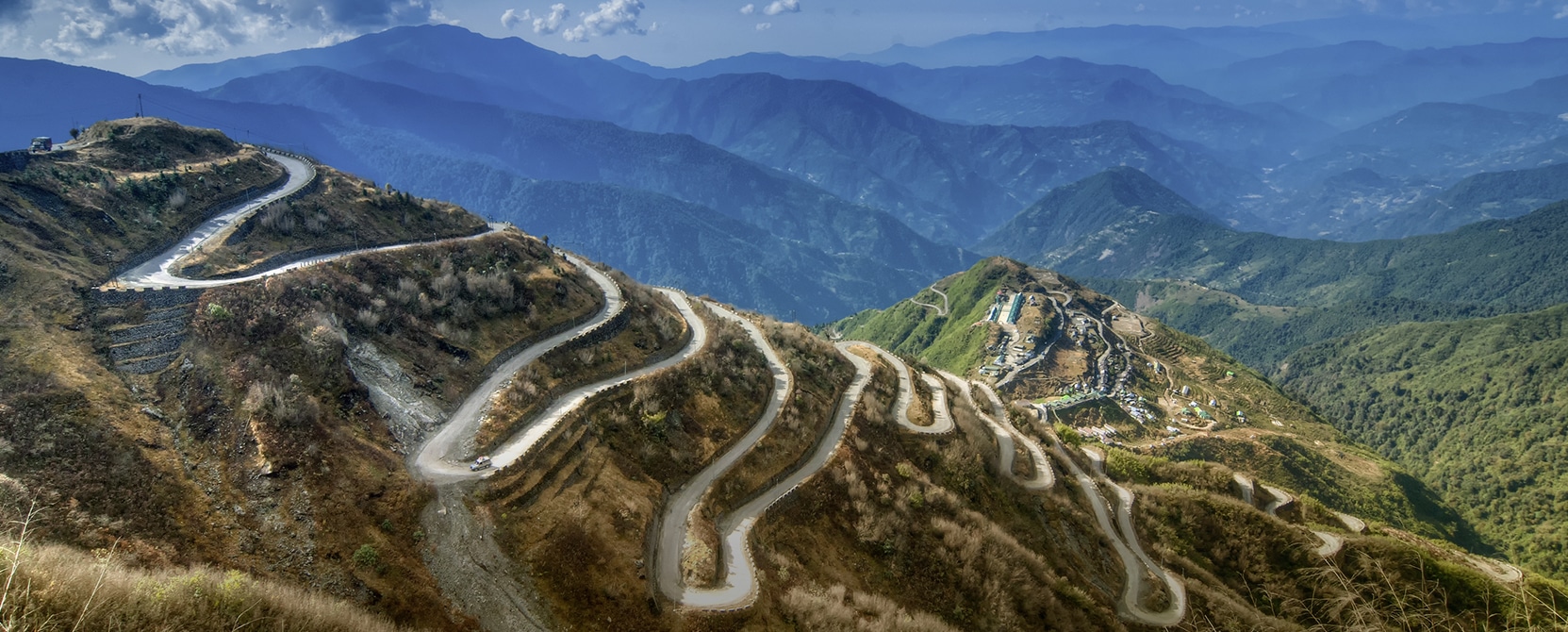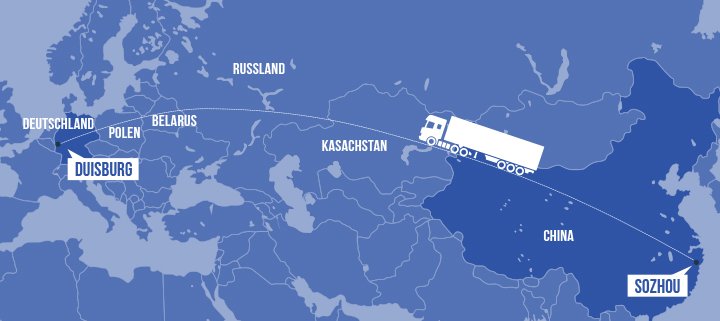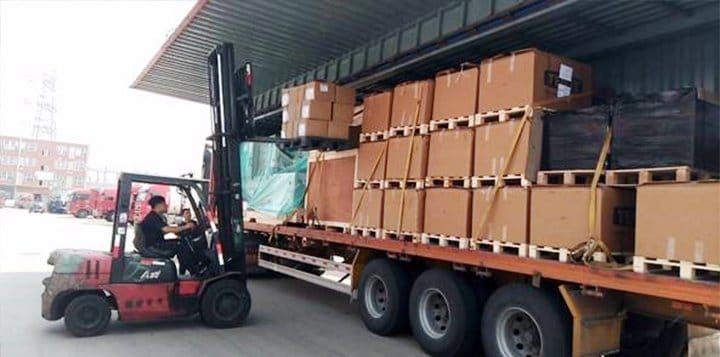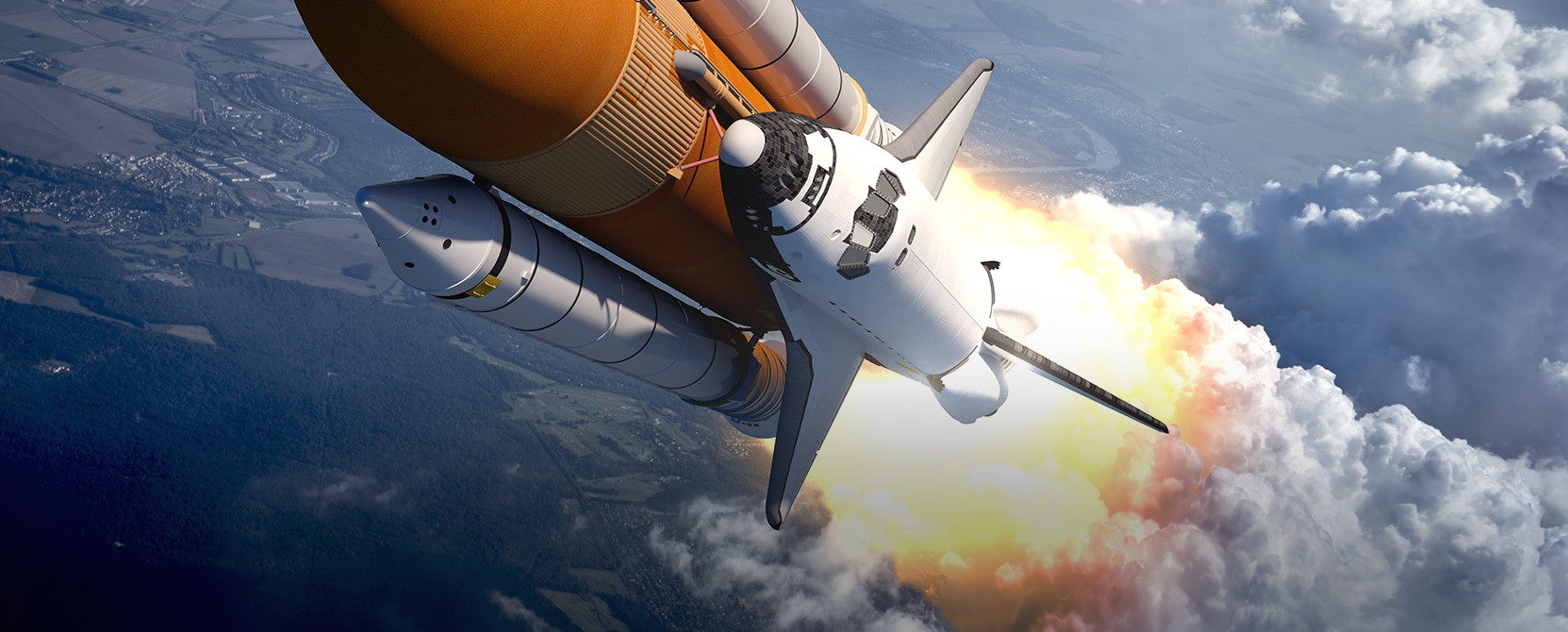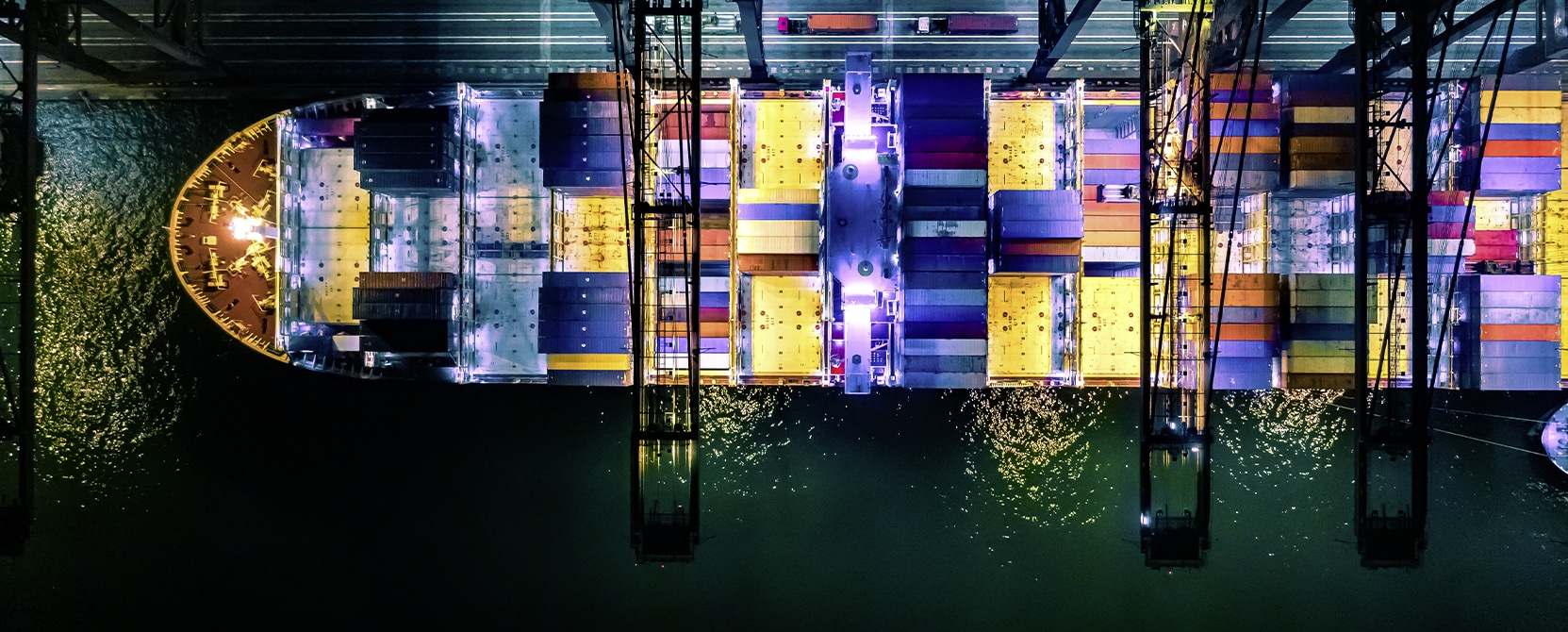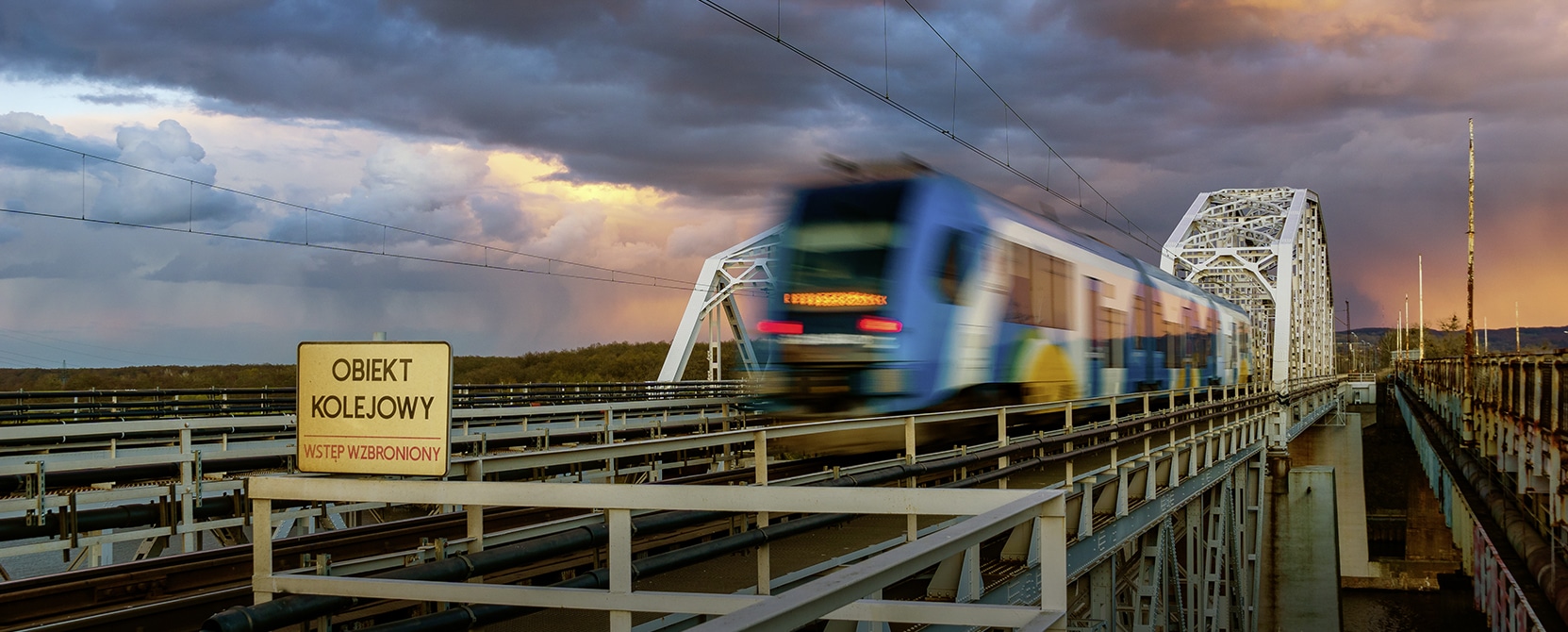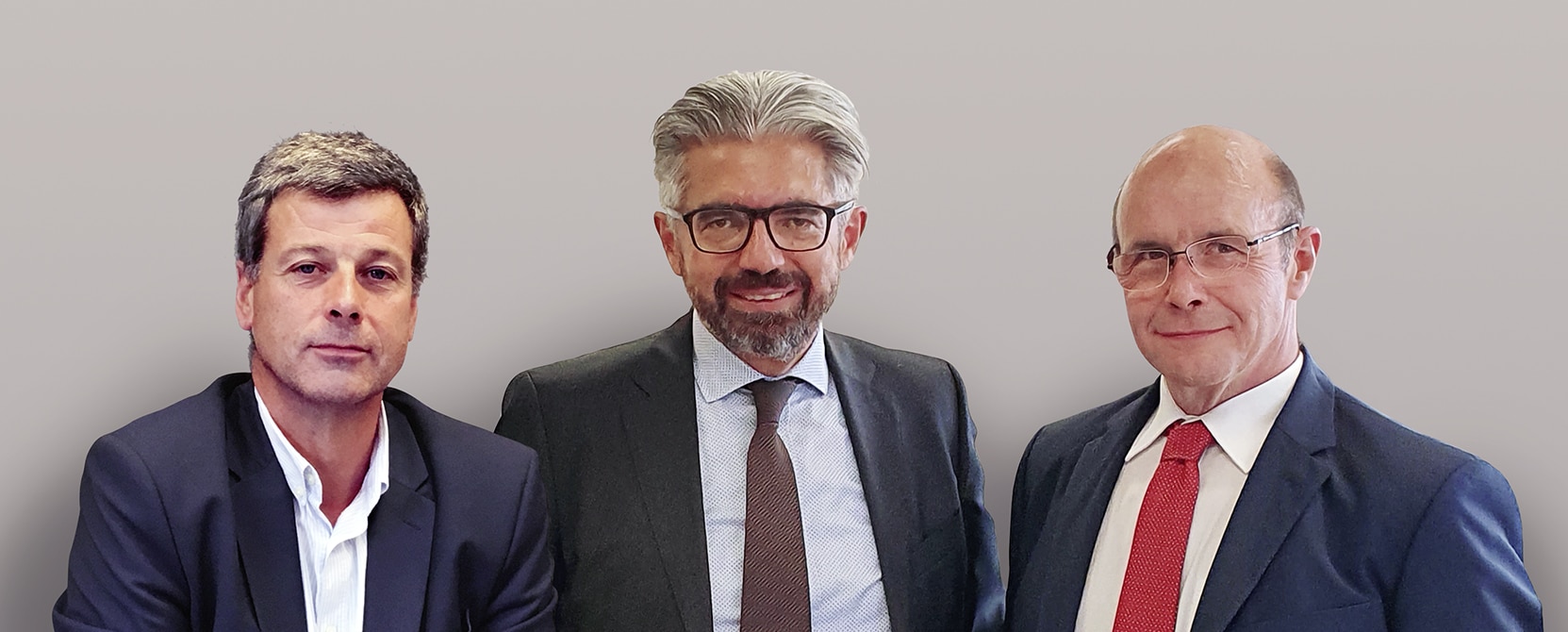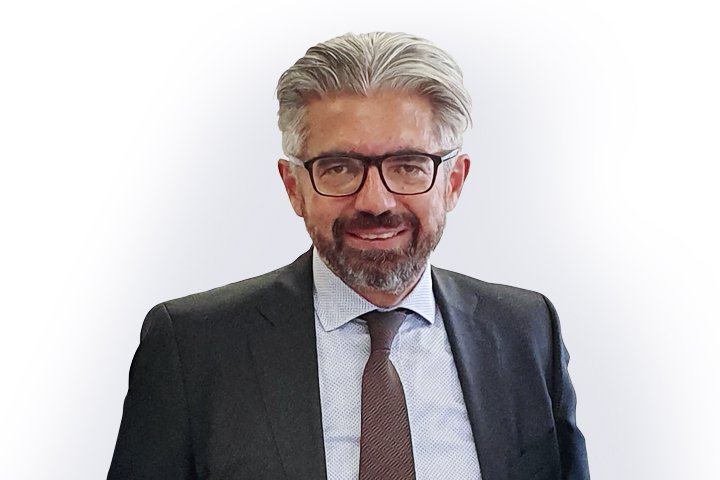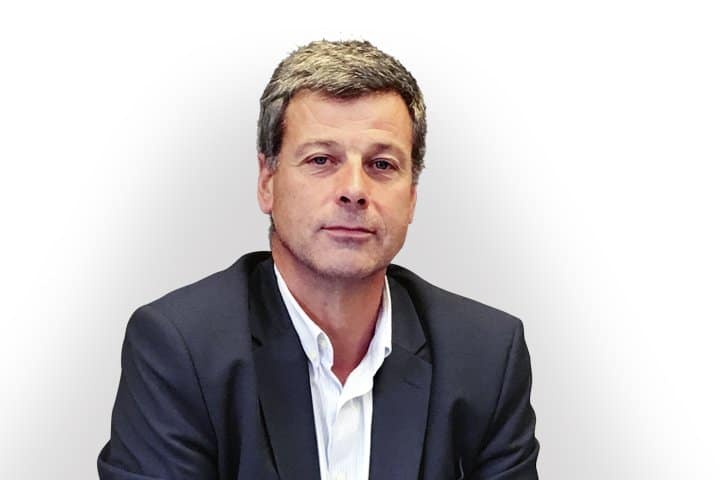Since the reorientation of the M&M country unit in Dubai in 2017 by a new management team, Militzer & Münch has successfully expanded its business and tripled its workforce. In the meantime, the team has extended its service-portfolio to provide customers with a comprehensive range of services pertaining to transportation and storage.
Militzer & Münch has been able to significantly expand its Dubai location in recent months. It was only in October 2018 that the team moved from Dubai Airport to the port in Jebel Ali Free Zone (JAFZ), where it has been operating a warehouse ever since. There, employees can coordinate the loading of containers themselves and offer additional services such as storage, transports to and from India and the Middle East, or the import of flavors for the tobacco industry.
“The colleagues are intimately familiar with the local market and always give proof of high commitment.”
Nikolaus Kohler
Regional Managing Director Middle East / Central Asia, M&M Militzer & Münch International Holding AG
“Since 2018, the customer base and the service portfolio have grown enormously,” says Nikolaus Kohler, Regional Managing Director Middle East / Central Asia, M&M Militzer & Münch International Holding AG. “An important part of our business in Dubai are warehousing services and distribution for local customers. For example, we very often transport spare parts for boats and ships, and printer consumables.”
A new office for customer service
Another milestone: Militzer & Münch Dubai has opened its own sales office in the city. “This allows the team to concentrate even more on customer service. A major part of the business is regional transportation for a globally active food company. The team is also currently developing further logistics solutions for the region and for the CIS countries. The employees are also in charge of all questions regarding the Militzer & Münch Dubai air and sea freight services.
“These great developments were possible above all because we have a great team on site in Dubai,” says Nikolaus Kohler. “The colleagues are intimately familiar with the local market and always give proof of high commitment. We certainly owe our success also to the fact that Militzer & Münch Dubai is well connected locally, while at the same time having access to the international Militzer & Münch network.”
